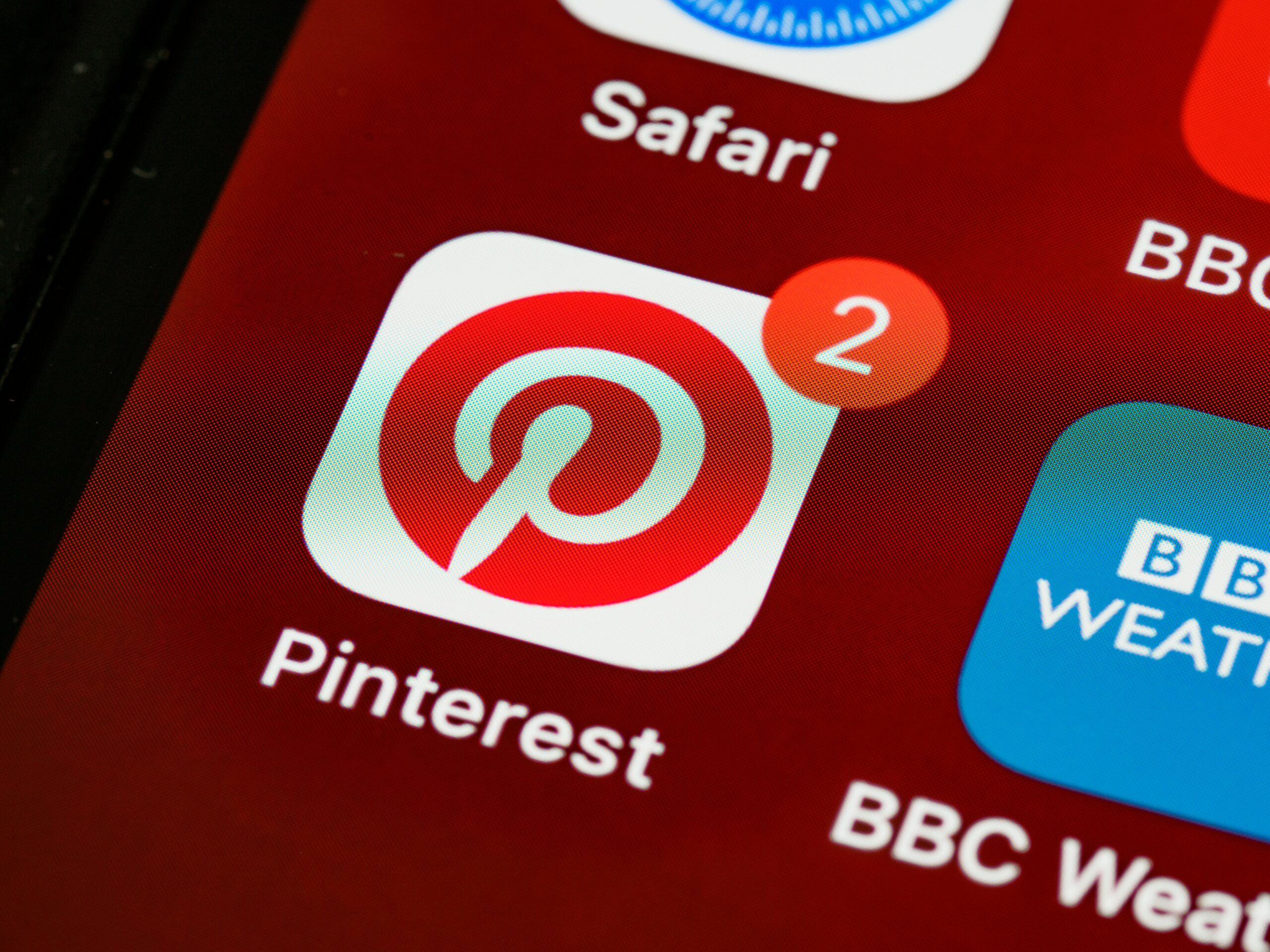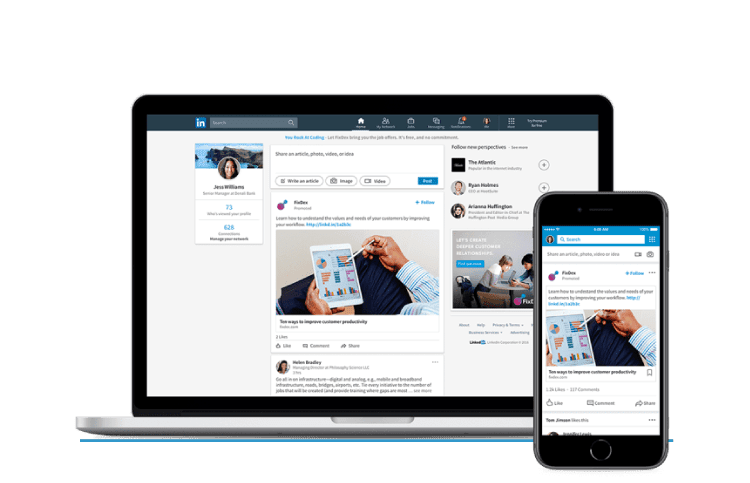Data breaches are huge new stories nowadays, and so it comes of no surprise that a story including Facebook, Donald Trump and Russia became a whirlwind of a story.
50 million people had their data accessed by Cambridge Analytica and used against them, and has caused a pretty big problem for Facebook and Mark Zuckerberg. So what does it mean for the future of social media and how it impacts digital marketing?

What happened with Facebook and Cambridge Analytica?
A whistleblower revealed he had a hand in using the personal data of 50 million Facebook users for Cambridge Analytica, which is a data firm based in London which had ties to Trump’s presidential campaign. Facebook users had no idea that this level of data had been mined.
Facebook was largely unaware as to the depth of what was going on as well, but was complicit in not revealing the full depth of this breach to the public. What happened was that through quizzes and personality tests, companies such as Cambridge Analytica could mine not only personal data of Facebook users that fill out these quizzes, but also that of their friends. And by using “personality tests” they were then putting together psychological profiles of millions of US citizens, and using this to their advantage to unwittingly throw the odds into Trump’s favour through sponsored Facebook ads. There are numerous tactics going on here, but one example is testing such phrases as “drain the swamp” out on the public, which would later go on to be coined by Trump. As they found it resonated with particular people of a certain psychological profile. It only gets more complex from there.
However, the real shining light is on the fact that Facebook allowed a vast amount of data to be accessed by a third party through apps. Now that the light is shining very brightly on just how much data Facebook collects (aside from the fact other businesses gained access) people are understandably very concerned.
Cambridge Analytica was also said to have ties with Indian political parties, could have influenced the 2014 Lok Sabha elections, and may have had a part to play in the 2019 General Elections in the UK.
Facebook was quiet for a while, but Facebook’s official response from Mark Zuckerberg referred to the data breach in the following:
This was a breach of trust between Kogan, Cambridge Analytica and Facebook. But it was also a breach of trust between Facebook and the people who share their data with us and expect us to protect it. We need to fix that.
Outcomes of the data breach and Facebook’s actions
Apps will be audited
Facebook will now look at any and all apps that had access to data before changes were made back in 2014.
The changes Facebook made back in 2014 were supposed to restrict apps from obtaining any data about a Facebook’s user’s friends (unless they had also authorised the app).
Developers also had to be approved before they could request any sensitive data from Facebook users.
Now, Facebook will audit any app with suspicious activity, and developers may face bans if they do not comply. This includes any misuse of personal information.
New restrictions on app’s data access
When users no longer engage with apps, the developers will have restricted access to data.
If a user hasn’t used an app in 3 months, developers will lose access to user data.
Apps can only get name, profile photo and email address data when a user signs in.
User approval will be required, and developers must sign contracts with Facebook to access other data.
Heightened app visibility
Facebook is changing how the News Feed works, so that installed apps appear at the top with a feature which lets users revoke permissions.
Regulators
As data protection and regulation has come under the microscope of late, and will increasingly in Europe with GDPR, Facebook has already been working on changes. Though some may argue it’s too late now. In more depth, Zuckerberg said the following in his post:
First, we will investigate all apps that had access to large amounts of information before we changed our platform to dramatically reduce data access in 2014, and we will conduct a full audit of any app with suspicious activity. We will ban any developer from our platform that does not agree to a thorough audit. And if we find developers that misused personally identifiable information, we will ban them and tell everyone affected by those apps. That includes people whose data Kogan misused here as well.
Second, we will restrict developers’ data access even further to prevent other kinds of abuse. For example, we will remove developers’ access to your data if you haven’t used their app in 3 months. We will reduce the data you give an app when you sign in — to only your name, profile photo, and email address. We’ll require developers to not only get approval but also sign a contract in order to ask anyone for access to their posts or other private data. And we’ll have more changes to share in the next few days.
Third, we want to make sure you understand which apps you’ve allowed to access your data. In the next month, we will show everyone a tool at the top of your News Feed with the apps you’ve used and an easy way to revoke those apps’ permissions to your data. We already have a tool to do this in your privacy settings, and now we will put this tool at the top of your News Feed to make sure everyone sees it.
Beyond the steps we had already taken in 2014, I believe these are the next steps we must take to continue to secure our platform.
Zuckerberg has claimed that the efforts to protect people’s information has been accelerated by the recent breaches, and will help to make Facebook safer. But will it be enough to keep people on board in the long run?
Impact on the Future of Social Media
In the long run, this will be a pivotal point in how social media evolves into the future. As Facebook has become one of the biggest and most powerful brands in the world, this is a major setback in terms of how they are viewed by the public.
Facebook is still simply one cog as part of the machine. Facebook also owns Whatsapp and Instagram – two of the other biggest social and messaging platforms around.
#DeleteFacebook has become a trend, with many people seeing this as the final straw.
While the number of people to actually delete their Facebook profiles is probably a drop in the ocean compared to those who won’t leave, it’s still gathered enough steam for notable people to comment.
Elon Musk has even deleted the SpaceX Facebook page after being challenged to do so. As he apparently hadn’t realised his business even had a page.
But it was certainly big enough for Mark Zuckerberg himself to comment on the campaign itself.
“I don’t think we’ve seen a meaningful number of people act on that [#DeleteFacebook], but, you know, it’s not good. I think it’s a clear signal that this is a major trust issue for people, and I understand that. And whether people delete their app over it or just don’t feel good about using Facebook, that’s a big issue that I think we have a responsibility to rectify.”
So while we are unlikely to see the end of Facebook or social media as we know it, it’s likely there will a trend to move to more “secure” apps or platforms. The trick is once any platform becomes big enough, the incentive to monetise and use data collection to generate revenue becomes almost necessary. But right now, there isn’t a viable alternative to Facebook other than perhaps Instagram, which is owned by Facebook.
However, we will see the social media landscape evolve. Snapchat paved the way for new, temporary status updates, which Instagram has gone on to copy in their Stories. So no doubt we will see new changes come to the platforms which may help give a better reputation to Facebook, and ensure people feel comfortable. It’s possible tackling the worry and concern around a permanent digital footprint will be the next task facing social media.
Impact on Digital Marketing
If people turned a blind eye about Facebook or Google collecting data on our every move, or perhaps simply didn’t care, it’s safe to say the recent scandals have woken up a few people. And those who were already concerned are almost definitely more concerned.
So will there be a mass exodus meaning fewer people to advertise to? Will Google and Amazon win market share of the online advertising space? Probably not.
Perhaps some brands will face concerns about using consumer data. For instance, retargeting particular audiences with Facebook ads once they have visited your site. If a customer sees a retargeted ad now, could it provoke a negative response? In most cases no, but it is at least worth considering. Most large brands won’t change their stance on Facebook, as they will see good returns from ads and will continue to do so.
As for the social network itself, many people theorise this is the end of Facebook. But really, Facebook is too big to fail. It’s incredibly unlikely to go the way of Myspace, or Bebo, or any other failed platform.
Social media will become more sufficiently regulated, as it should. But as it stands, no one can say whether it is a publisher or a media channel. Facebook claims not to be a publisher, but when they pick and choose what the public see, it’s hard to say that they shouldn’t be regulated as one.
Data is at the heart of this debate, and there will need to be more transparency. Many people do not realise that the only reason Facebook and other platforms are free is thatthey are essentially funding the platform by providing data.
Regulation will be the next step in outlining how social media developers in the next few years.
In light of this, Facebook has an opportunity to turn the news on its head, and provide everything people want. They are big enough to do what they want and for people not to leave the platform, yet there will always be competitors.
Facebook is angling to keep people not only on the platform, but actively using and browsing the platform, and that is perhaps the biggest, single task they have on their hands.
Facebook must weigh in and give back to the people what they want – freedom over their data and what they see in their social feeds. If you can tailor the content you see, that is brilliant. Facebook can show advertisements to you, and perhaps they will be more in-line with what you wish to see.





